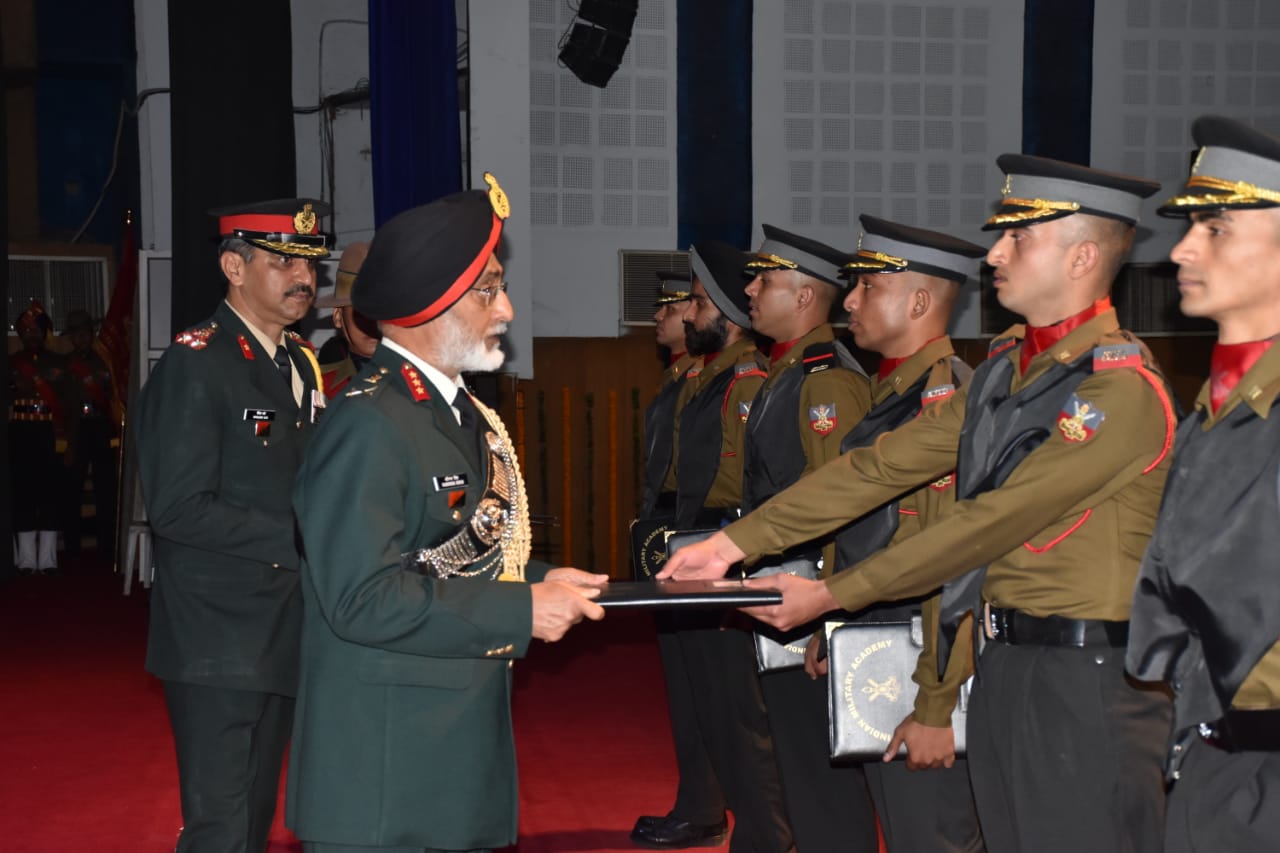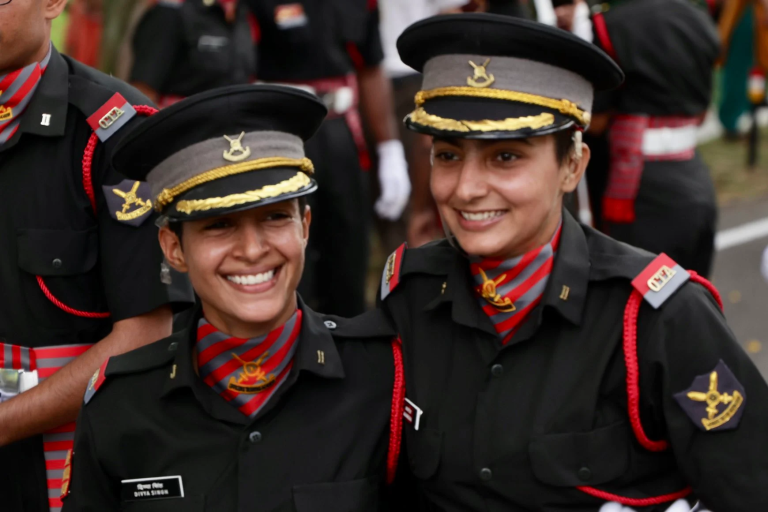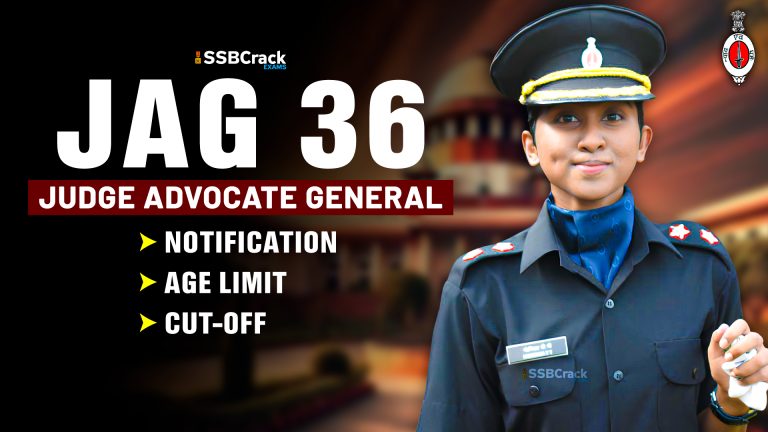The Army Cadet College (ACC) plays a pivotal role in shaping the future leaders of the Indian Army by providing a platform for deserving soldiers to transition into commissioned officers. The ACC exam is a crucial step in this journey, designed to evaluate candidates on various competencies through a structured selection process. This article delves into the ACC syllabus and exam pattern for 2025, offering detailed insights to help aspiring candidates prepare effectively.
Understanding the ACC Exam Structure
The ACC exam is structured into multiple sections, each focusing on different skill sets essential for a successful career in the army. The examination comprises four main sections:
- General Mental Ability Test (GMAT)
- Current & General Awareness Test (CGAT)
- Interactive Communicative English (ICE)
- Academic Content Test (ACT)
Each section is designed to assess specific skills and knowledge relevant to future officers in the Indian Army.
General Mental Ability Test (GMAT)
The GMAT is the first section of the ACC exam, focusing on the candidate’s reasoning and analytical skills. It covers a variety of topics, including:
- Reasoning Ability: This includes logical reasoning tasks that assess the candidate’s capacity to analyze and interpret information effectively.
- Non-verbal Reasoning: Candidates will encounter questions that require them to think critically without relying on verbal instructions.
- Numerical Ability: This part tests basic arithmetic skills, including calculations and numerical problem-solving.
The GMAT is crucial as it lays the foundation for critical thinking, which is essential for any officer in the army.
Current & General Awareness Test (CGAT)
The CGAT is designed to evaluate a candidate’s awareness of current events and general knowledge. This section includes a wide range of topics:
- Latest Current Affairs: Candidates should stay updated on recent national and international events.
- Indian Constitution: Understanding the fundamental rights and duties outlined in the Constitution is vital.
- History and Geography: Knowledge of India’s historical milestones and geographical features is assessed.
- Indian Politics: Candidates must be familiar with the political landscape of India, including major political parties and their ideologies.
- Military Awareness: This includes understanding the structure and functioning of the Indian Armed Forces.
The CGAT is essential for candidates to develop a well-rounded perspective on national affairs and military operations.

Enroll Now: ACC Exam Online Coaching – Army Cadet College
Interactive Communicative English (ICE)
The ICE section aims to assess the candidate’s proficiency in English, an essential skill for effective communication in a military environment. This section is divided into two subsections:
- Objective Type Questions: This subsection includes tasks like:
- Sentence Improvement
- Reading Comprehension
- Synonyms and Antonyms
- One Word Substitution
- Error Spotting
- Descriptive Test: Candidates may be required to write essays or letters, showcasing their ability to articulate thoughts clearly and concisely.
Proficiency in English is crucial for future officers, as it facilitates communication with superiors and peers.
Academic Content Test (ACT)
The ACT evaluates candidates on their academic knowledge, primarily at the Class 12 level. This section includes:
- Mathematics: Candidates should be proficient in basic algebra, geometry, and arithmetic.
- General Science: This includes fundamental concepts from physics, chemistry, and biology.
- Humanities: Candidates may need to demonstrate knowledge in subjects like history and political science.
The ACT is designed to ensure that candidates possess the necessary academic foundation to succeed in officer training.
ACC Syllabus and Exam Pattern
| Subject | Syllabus |
| General Mental Ability Test | Analogy Classification Series Coding-decoding Blood relation Direction sense Logical Venn diagrams Alphabet test Seating arrangements Mathematical operations Arithmetical reasoning Number, ranking & time sequence Eligibility test Syllogism Statement and Arguments Statement and Conclusion Statement and Assumptions Statement and Courses of Action Deriving Conclusion Assertion and Reason Punch line Situation reaction test Cause and effect Analytical reasoning |
| Current and General Awareness test | Latest Current Affairs Indian constitution Indian history Indian economy Indian politics Geography Indian Navy & Military Religions Famous books & authors Sports Awards Science and Discoveries Indian culture Indian Agriculture |
| Interactive Communicative English | Article Noun and Pronoun Adjective Preposition Conjunction and modals Verbs Tenses Types of sentences Idioms and Phrases Direct and indirect speech Active and passive voice Synonyms and antonyms One-word substitution Spot the error Cloze test Para jumble Sentence jumble Reading Comprehension Sentence Improvement |
| Academic Content test | Class 12th level General Science, Maths and Humanities |
Exam Pattern Overview
Understanding the exam pattern is crucial for effective preparation. The ACC exam consists of a written test followed by an SSB interview. Here’s a breakdown of the exam pattern:
Written Test Structure
The written test comprises four papers, each focusing on different skill sets:
- Paper 1: General Mental Ability
- Paper 2: Current General Awareness
- Paper 3: Interactive Communicative English
- Paper 4: Academic Content Test
Each paper consists of objective-type questions, and candidates must pass all papers to qualify for the SSB interview.
Scoring System
Each question in the GMAT, CGAT, and ACT typically carries equal marks, while the ICE section may have varying marks for objective and descriptive questions. It’s essential for candidates to understand the marking scheme to strategize their preparation effectively.
SSB Interview
Following the written test, candidates who qualify will undergo the SSB interview, which assesses their psychological and physical fitness. The interview process includes:
- Psychological Tests: Evaluating mental resilience and decision-making abilities.
- Group Tasks: Assessing teamwork and leadership skills.
- Personal Interview: A one-on-one interaction to gauge the candidate’s personality and motivation.
Preparation Strategies for the ACC Exam
Preparing for the ACC exam requires a systematic approach. Here are some effective strategies:
1. Develop a Study Plan
Creating a structured study plan is crucial. Allocate specific time slots for each section of the syllabus, ensuring balanced coverage.
2. Utilize Quality Study Materials
Invest in recommended books and resources tailored for the ACC exam. Some essential subjects to focus on include:
- General Knowledge: Books like Lucent’s General Knowledge can be beneficial.
- Mathematics and Science: R.S. Aggarwal’s books are widely recommended for quantitative aptitude and reasoning.
3. Practice Mock Tests
Regularly taking mock tests helps in familiarizing yourself with the exam format and timing. It also aids in identifying strengths and weaknesses.
4. Stay Updated on Current Affairs
Reading newspapers and following news channels can help you stay informed about current events, a critical component of the CGAT.
5. Enhance English Proficiency
Engage in activities that improve your English skills, such as reading literature, practicing writing, and conversing in English.
Conclusion
The ACC exam is a significant step for aspiring candidates aiming to join the ranks of the Indian Army as commissioned officers. Understanding the ACC syllabus and exam pattern for 2025 is essential for effective preparation. By focusing on the key areas outlined in this guide and employing strategic study methods, candidates can enhance their chances of success. Remember, dedication and consistent effort are crucial in this journey towards a rewarding career in the Indian Army.
FAQs
What is the ACC exam?
The ACC exam is conducted to select deserving soldiers for entry into the Army Cadet College, allowing them to pursue a career as commissioned officers in the Indian Army.
How many sections are there in the ACC exam?
The ACC exam consists of four sections: General Mental Ability Test, Current & General Awareness Test, Interactive Communicative English, and Academic Content Test.
What is the format of the written test?
The written test comprises four papers, each focusing on different skill sets, with objective-type questions.
What happens after the written test?
Candidates who qualify the written test will proceed to the SSB interview, which evaluates their psychological and physical fitness.
How can I prepare effectively for the ACC exam?
Develop a structured study plan, utilize quality study materials, practice mock tests, stay updated on current affairs, and enhance your English proficiency.







